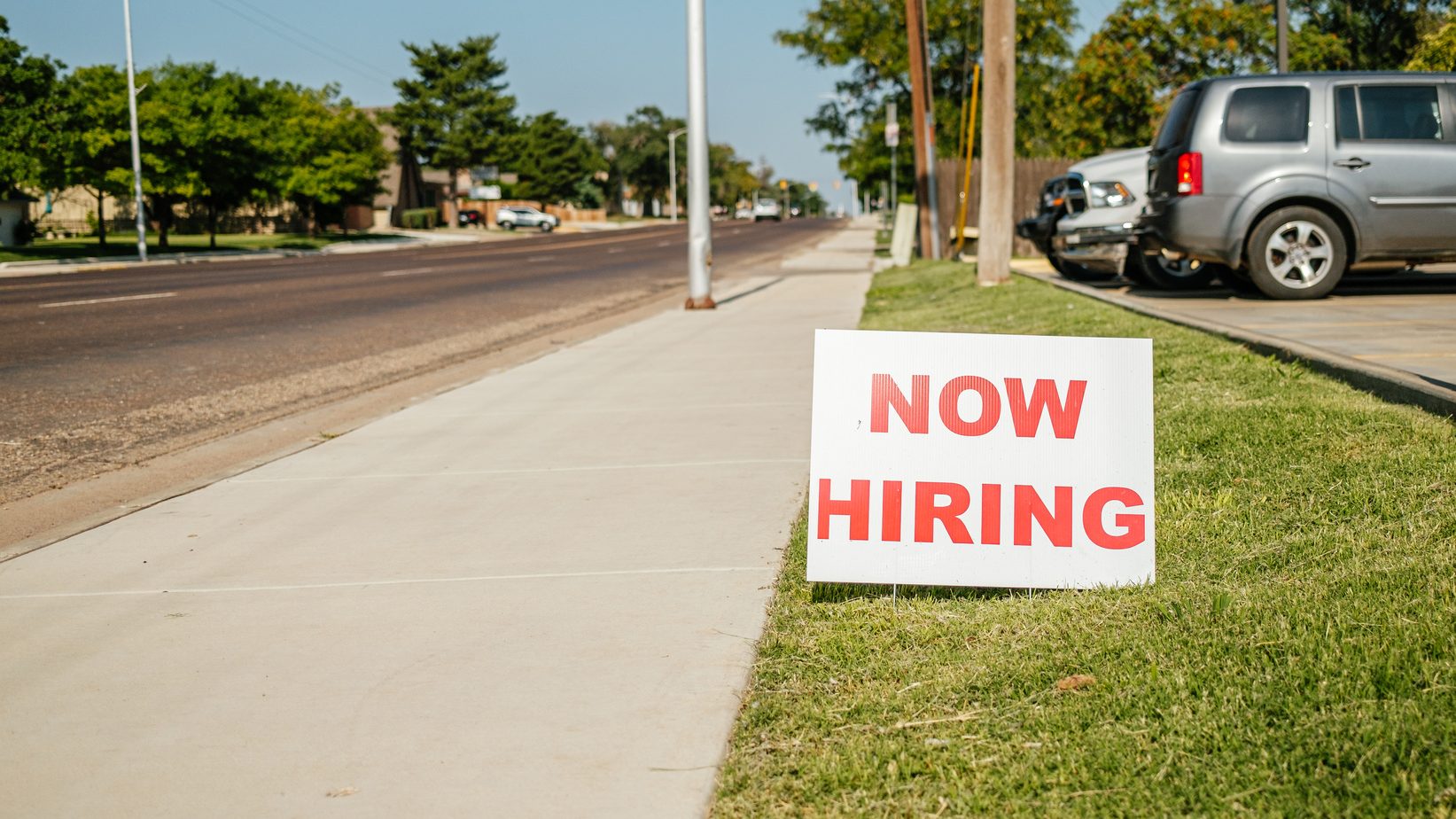|
Getting your Trinity Audio player ready...
|
During the 2023 session, the Alabama Legislature passed a series of bills designed to strengthen Alabama’s economy, reduce the tax burden on small businesses and individuals, and encourage more Alabamians to enter the workforce.
The “Game Plan,” a four-bill package that will supercharge our ability to recruit, retain, and expand those industries in Alabama, passed overwhelmingly with bi-partisan support in both chambers.
A bill that eliminated the state’s overtime tax on hourly pay originated in the Alabama House and allows our hard-working citizens to pocket even more of the money they earn.
On top of that, the legislature started the process of cutting the state’s grocery tax in half and approved unprecedented rebates for Alabama taxpayers.
Each month, the Alabama Department of Labor releases Alabama’s unemployment figures, and from 30,000 feet, the remarkable numbers paint a picture of robust economic progress and unmatched job growth.
But there is more than one way to look at Alabama’s record-low unemployment rate, and it is easy to focus only on the statistics without looking at potential underlying problems.
For instance, Alabama has an astounding number of employed citizens at 2,151,200, which sets the overall unemployment rate at 2.1 percent. That is a historically low unemployment rate and encouraging evidence that the legislature’s focus on pro-growth, pro-jobs legislation is working.
However, our record-breaking employment numbers reveal only a portion of Alabama’s workforce participation and employment readiness scenarios.
According to data compiled by the U.S. Chamber of Commerce, Alabama has only 43 workers for every 100 open jobs, and an even deeper look into those numbers indicates a much broader problem we must address.
Currently, in Alabama, there are roughly 140,000 job openings and, at the same time, 48,834 workers are unemployed across our state.
That means we are lacking nearly 100,000 workers over 16-years-old, which puts our labor force participation rate at a mere 57 percent—one of the lowest rates in the entire country.
Perhaps most troubling is the fact that the U.S. Chamber classified Alabama as one of the “most severe” labor and worker shortage states in the nation.
For comparison among our sister southeastern states, Tennessee has 233,000 job openings and 105,737 unemployed workers, bringing its labor force participation rate to 59.4 percent. For every 100 job openings in Georgia, there are 57 workers and a labor force participation rate of 61.4 percent.
Nationwide, federal and state leaders are starting to pinpoint the paramount concerns of the labor shortage and are working to find solutions to best address the issue.
Alabama has one of the most business-friendly climates for industry expansion, recruitment, and re-location, but our labor shortage issues go deeper than just favorable tax credits, rates, and regulations for corporate entities and employers.
Job training and career readiness have been at the forefront of Alabama’s career development pipelines for nearly a decade, and thanks to collaboration across state agencies, task forces, and public-private partnerships with two- and four-year higher-education institutions, Alabama’s career pipelines are resistant to economic downturns and have proven to be effective at producing skilled workers.
But there are some non-technical training areas we’ve neglected to address in Alabama, such as extending adequate childcare to families, examining the correlation between productivity growth and labor output, ensuring wages and salaries are competitive, addressing adequate workforce housing concerns, and offering even better and more expansive mental health programs and services.
An insufficiency of resources such as these creates barriers to workforce entry as much as an absence of quality education.
Improving our workforce is a prime area for Alabama to make significant gains. As Speaker, I am proud of the work being done across both chambers and parties to bring meaningful solutions to the floor that will safeguard and accelerate the promise of Alabama’s economy today and for future generations.
Over the coming months, I will begin working with an ad hoc study commission of House members to look at several of these issues and the best ways to address them. We will start the conversation on preventing Alabama’s looming labor shortage and identify avenues to prepare and retain qualified workers to fill high-paying jobs.
We will emphasize collaboration and coordination with existing committees, entities, and task forces such as Innovate Alabama, the Alabama Workforce Council, and the Department of Commerce.
And we will prioritize working with essential stakeholders such as the Business Council of Alabama, Manufacture Alabama, the National Federation of Independent Businesses, the Realtors, Homebuilders, Builders and Contractors, and Associated General Contractors, as well as the Women’s Foundation of Alabama and Chambers of Commerce across the state for private sector input and solutions.
After assessing the issues and working through several key topics in the next session, I intend to establish a formal committee to address the ongoing labor shortage problems over the coming years.
Upon recommendations from our collaborative efforts this fall, the legislature must guarantee no barriers exist to workers seeking entry to the workforce. If legislation is required to address this issue, we will take the necessary steps to ensure we are making strides to fill all of Alabama’s open jobs.
We have made significant progress in Alabama and grown our economy to a greater degree than I have ever witnessed in my lifetime. But if we are going to focus on industry expansion, we must remember the lifeline of business recruitment: having an abundance of qualified and able workers to fill jobs.




















































